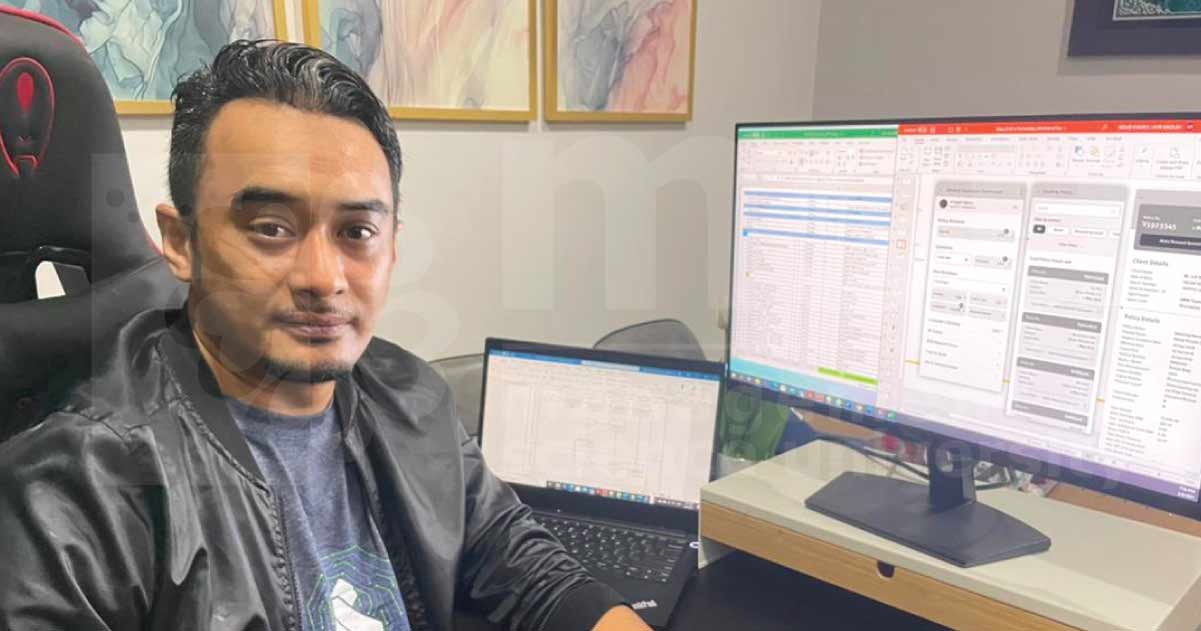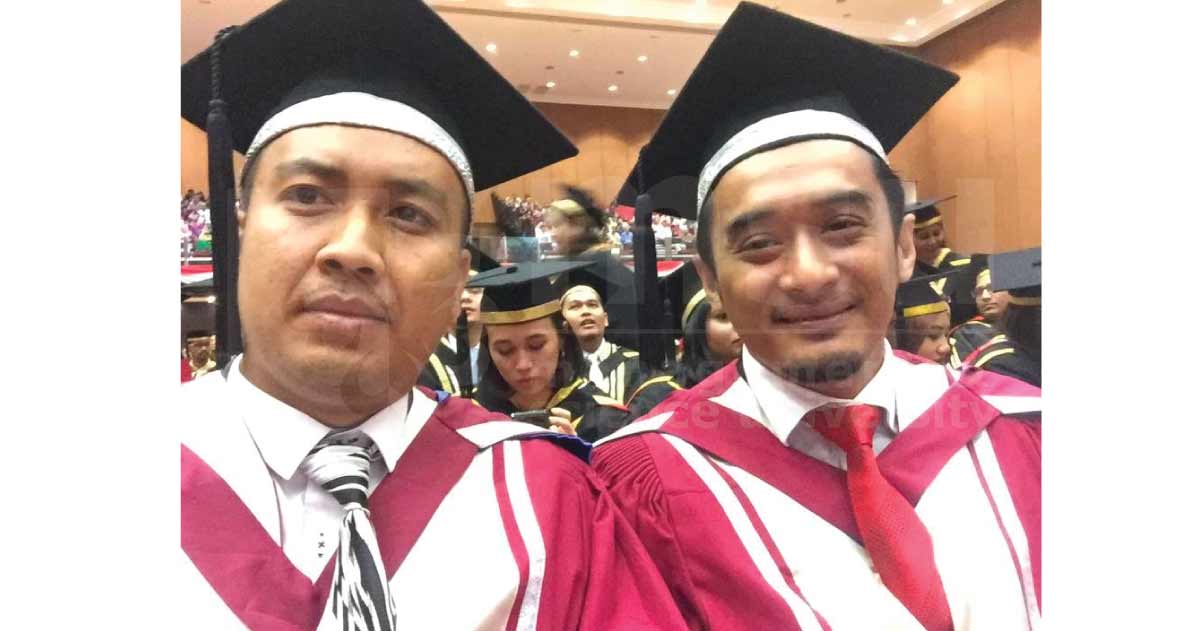

Information technology and the Internet have brought humans tremendous power. Together, they have become an important infrastructure for life in a modern world, and provided many with the only way to go to school, work, or see family and friends safely during the COVID-19 pandemic.
The internet is not a thing in itself but is a user interface with a set of protocols connecting local networks. January 1983 is considered to be the beginning of the Internet, though the term had been used before that. ARPANET (Advanced Research Projects Agency Network) had not been connecting networks as much as it had been connecting computers, and it prohibited commercial traffic. The need for commercial connectivity spurred development of the commercial Net and growth of Internet service providers. In 1971, ARPANET had only 20 computers. Today, some 900 million computers connect to the Internet.
Communication between computers used to be geek territory, with emails assuming the form of character streams that had to be typed in with formatting knowledge. Protocols and software for the World Wide Web were rolled out only in the early 1990s, bringing with it a graphical user interface (GUI) so geeks were no longer pre-requisite.
As computers become smaller and more portable, their brains are being embedded into everyday things – the Internet of Things (IoT). Increasingly equipped with sensors and Internet connected, they receive, store, and send data – whose analysis holds the promise of performance optimization.
Empowerment brought on by the Internet has been nothing but transformative. In teaching and learning, Massive Open Online Courses (MOOC) throw open the door to knowledge-hungry learners. No less impressive is the innovation possible on mobile platforms – apps, for example.
MNRB Head of DevOps for Group Strategy and Innovations Mohd Khairul Hairi Mazlan talks about the app he is developing.

“It’ll be the first API-driven high-tech mobile web for insurance companies in Malaysia.”
Winner of the Industry Award for Best Project during his Bachelor in Computer Science (Hons) years at Management and Science University (MSU), Mohd Khairul, who is currently studying for a Master in Business Administration at MSU’s Graduate School of Management (GSM), reminisces about having his life transformed by the digital revolution. For him who professes to under-performing in his studies pre-MSU, turning successful in his career through hard work and higher education has been a lesson he wishes to pass on to future generations.
“Anybody can be whoever they want to be if they are willing to work for it and get an education. Seek help and trust your institution. Learn as much as you can. My final-year project at MSU’s Faculty of Information Sciences and Engineering (FISE) involved programming, and my supervisor was extremely generous with help. I not only received his full-on supervision but also kindness and care in ensuring my success.”

RELATED
MSU Master in Computer Science (by Research)
MSU Doctor of Philosophy (Computer Science)
MSU Bachelor in Information and Communication Technology (Hons)
MSU Bachelor in Information Technology (Honours) Mobile and Wireless Technology
MSU Bachelor in Information Systems Auditing (Hons)
MSU Foundation in Information Technology
MSU Master in Information Technology
MSU Doctor of Philosophy (Information and Communication Technology)
MSU Bachelor in Computer Engineering (Hons)
MSU Bachelor in Computer Forensic (Hons)
MSU Bachelor in Business Computing (Hons)
MSU Bachelor in Industrial Management (Hons)
Information technology and the Internet have brought humans tremendous power. Together, they have become an important infrastructure for life in a modern world, and provided many with the only way to go to school, work, or see family and friends safely during the COVID-19 pandemic.
The internet is not a thing in itself but is a user interface with a set of protocols connecting local networks. January 1983 is considered to be the beginning of the Internet, though the term had been used before that. ARPANET (Advanced Research Projects Agency Network) had not been connecting networks as much as it had been connecting computers, and it prohibited commercial traffic. The need for commercial connectivity spurred development of the commercial Net and growth of Internet service providers. In 1971, ARPANET had only 20 computers. Today, some 900 million computers connect to the Internet.
Communication between computers used to be geek territory, with emails assuming the form of character streams that had to be typed in with formatting knowledge. Protocols and software for the World Wide Web were rolled out only in the early 1990s, bringing with it a graphical user interface (GUI) so geeks were no longer pre-requisite.
As computers become smaller and more portable, their brains are being embedded into everyday things – the Internet of Things (IoT). Increasingly equipped with sensors and Internet connected, they receive, store, and send data – whose analysis holds the promise of performance optimization.
Empowerment brought on by the Internet has been nothing but transformative. In teaching and learning, Massive Open Online Courses (MOOC) throw open the door to knowledge-hungry learners. No less impressive is the innovation possible on mobile platforms – apps, for example.
MNRB Head of DevOps for Group Strategy and Innovations Mohd Khairul Hairi Mazlan talks about the app he is developing.

“It’ll be the first API-driven high-tech mobile web for insurance companies in Malaysia.”
Winner of the Industry Award for Best Project during his Bachelor in Computer Science (Hons) years at Management and Science University (MSU), Mohd Khairul, who is currently studying for a Master in Business Administration at MSU’s Graduate School of Management (GSM), reminisces about having his life transformed by the digital revolution. For him who professes to under-performing in his studies pre-MSU, turning successful in his career through hard work and higher education has been a lesson he wishes to pass on to future generations.
“Anybody can be whoever they want to be if they are willing to work for it and get an education. Seek help and trust your institution. Learn as much as you can. My final-year project at MSU’s Faculty of Information Sciences and Engineering (FISE) involved programming, and my supervisor was extremely generous with help. I not only received his full-on supervision but also kindness and care in ensuring my success.”

RELATED
MSU Master in Computer Science (by Research)
MSU Doctor of Philosophy (Computer Science)
MSU Bachelor in Information and Communication Technology (Hons)
MSU Bachelor in Information Technology (Honours) Mobile and Wireless Technology
MSU Bachelor in Information Systems Auditing (Hons)
MSU Foundation in Information Technology
MSU Master in Information Technology
MSU Doctor of Philosophy (Information and Communication Technology)
MSU Bachelor in Computer Engineering (Hons)
MSU Bachelor in Computer Forensic (Hons)
MSU Bachelor in Business Computing (Hons)
MSU Bachelor in Industrial Management (Hons)